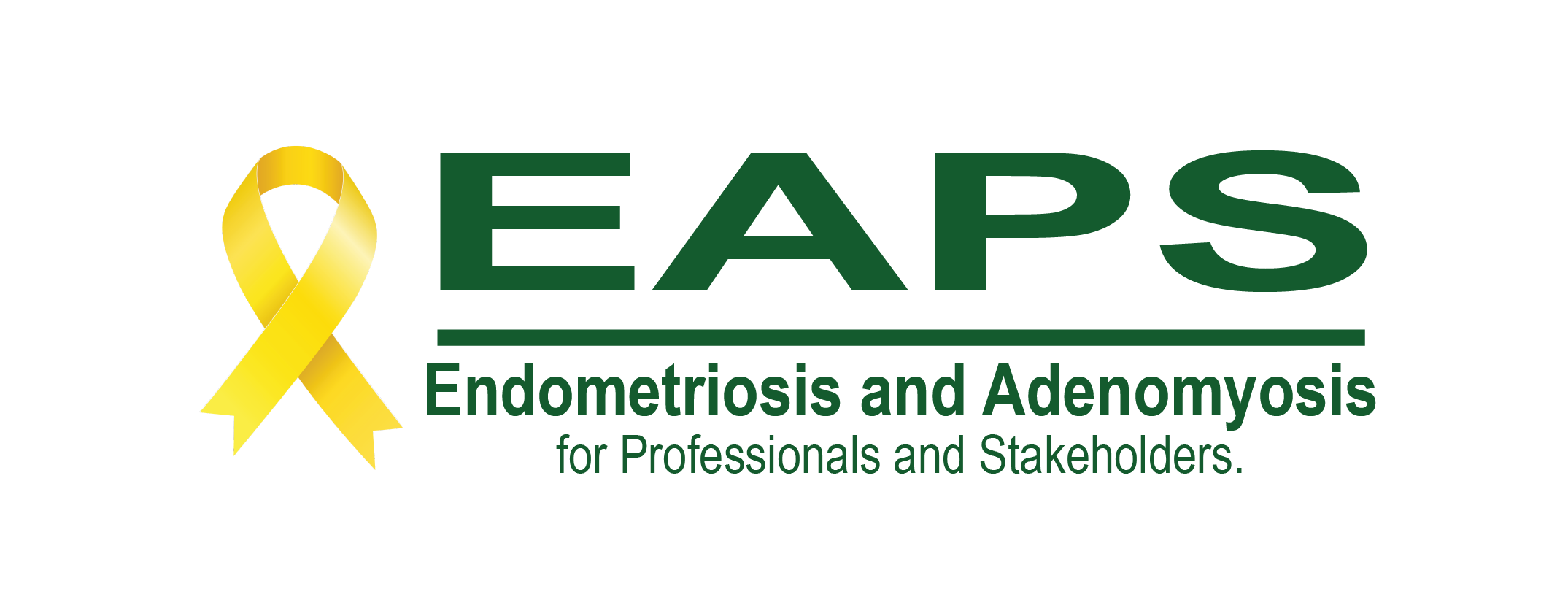March is Endometriosis Awareness Month, a time to shine a light on this often misunderstood and under-researched condition. Affecting millions of women worldwide, endometriosis can cause chronic pain, infertility, and a range of debilitating symptoms. While the exact cause remains a mystery, recent research has shed light on the complex interplay of hormonal and genetic factors that contribute to its development.
Hormonal Harmony Gone awry:
Endometriosis is characterized by the abnormal growth of endometrial tissue, the lining of the uterus, outside of its usual location. This misplaced tissue responds to the hormonal fluctuations of the menstrual cycle, leading to inflammation, pain, and the formation of lesions. Estrogen, the main culprit, plays a crucial role in stimulating endometrial growth. In women with endometriosis, estrogen levels may be higher or their tissues may be more sensitive to its effects. Additionally, progesterone, the hormone that normally counteracts estrogen’s effects, may be insufficient or ineffective. This hormonal imbalance creates an environment conducive to the growth and persistence of endometrial tissue outside the uterus.
The Genetic Code and its Twists:
While hormones play a key role, endometriosis is not solely a hormonal issue. Genetic factors are increasingly recognized as significant contributors. Research has identified several genes associated with an increased risk of developing endometriosis. These genes may influence factors like estrogen metabolism, immune function, and tissue growth, ultimately tipping the scales towards the development of the disease.
The Endomarch for Knowledge and Hope:
Endometriosis Awareness Month serves as a vital platform to raise awareness, advocate for research, and empower women living with this condition. By understanding the hormonal and genetic factors at play, we can work towards developing better diagnostic tools, more effective treatments, and ultimately, a cure.
Here are some key takeaways for this Endomarch:
- Endometriosis is a complex condition with both hormonal and genetic components.
- Estrogen imbalance and progesterone insufficiency play a crucial role.
- Genetic variations can increase the risk of developing endometriosis.
- Research is ongoing to better understand the causes and treatment options.
- Endometriosis Awareness Month is an opportunity to raise awareness, advocate for research, and support those affected by the condition.
Let’s march together for a brighter future for women with endometriosis. By sharing knowledge, supporting research, and fostering empathy, we can empower women to live healthy and fulfilling lives, free from the pain and burden of endometriosis.
Additional Resources:
- Endometriosis Foundation of America: https://www.endometriosis.org/
- The American Society for Reproductive Medicine: https://www.asrm.org/
- The National Institutes of Health: https://www.nichd.nih.gov/health/topics/endometriosis
Remember, you are not alone. Together, we can make a difference in the fight against endometriosis.
